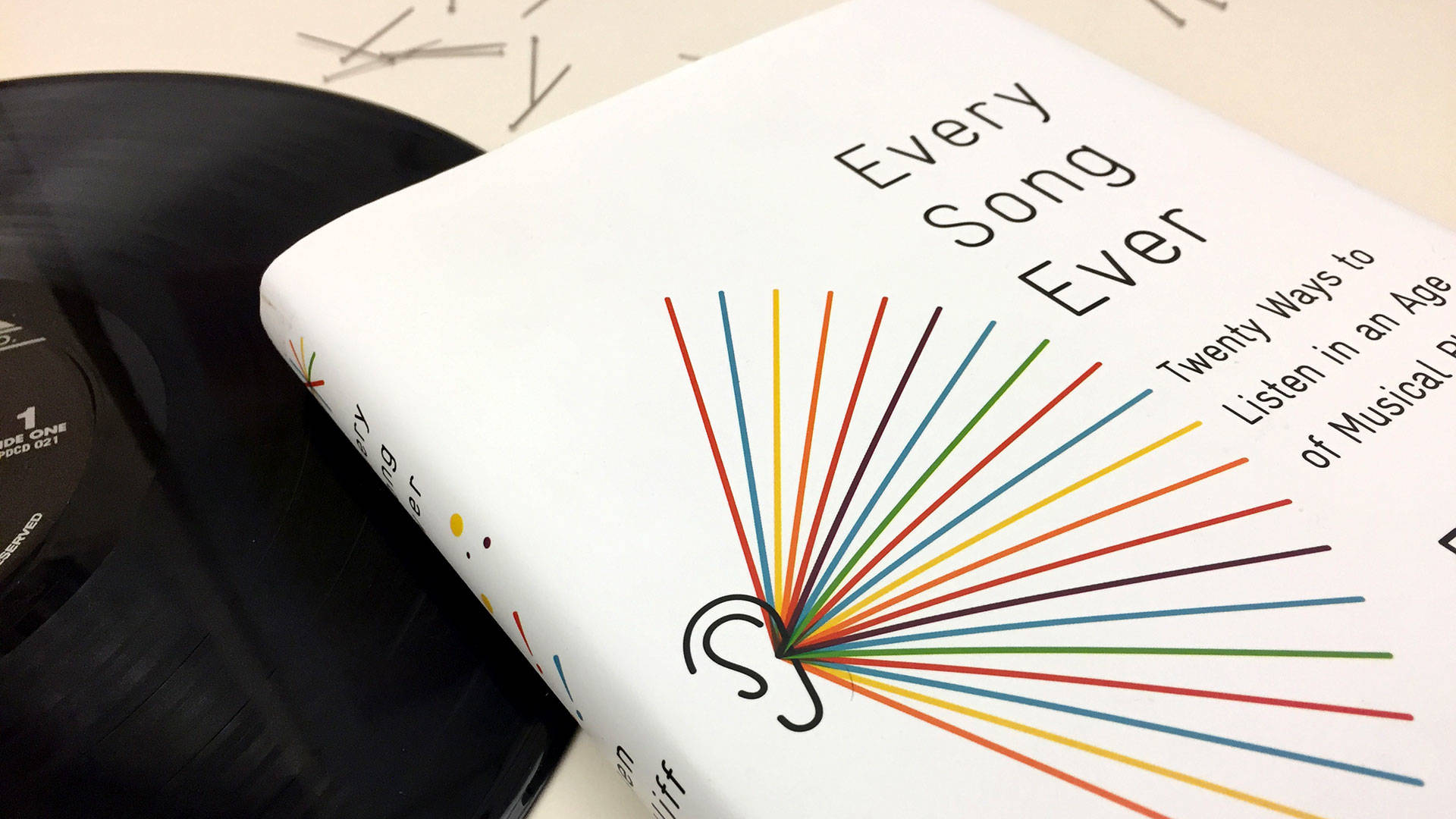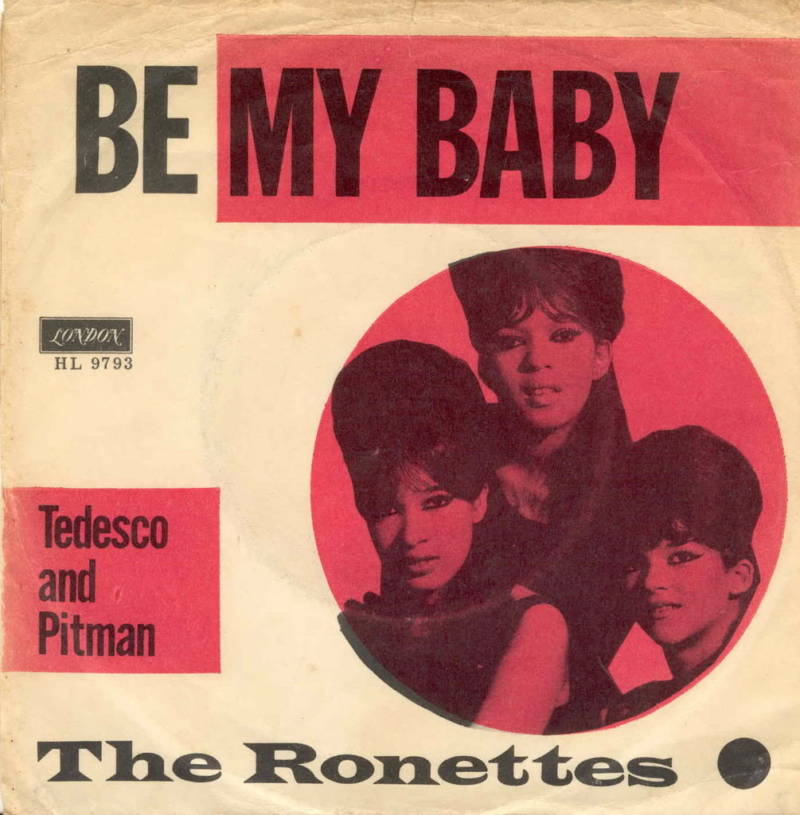For three days I’ve been fervently enamored with the 1997 album Tri Repetae, by the electronic duo Autechre. How I lived 41 years on this planet without hearing it before is a little strange, especially since I’d been so close to discovering it through natural means; over the past 15 years I had bought, completely blind, three of Autechre’s albums at random from record stores. They ranged from puzzling to pleasant.
I might have decided to leave it at that, except over the weekend I happened to ask a record store owner for an Autechre recommendation. Chiastic Slide had been too scattered and musique concrète for me, I told him, while Oversteps had been too mild. I wanted something in between, and so, $27.85 later, I drove 60 miles back home with the album that took me 20 years to discover and which I would immediately play six times in a row.

I thrive on these “hard” ways of discovering music. I have a self-inflicted condition which dictates that if I haven’t put in some sort of investment into finding music — monetary or otherwise — I value it less. I still make cassette tapes, partly for the required attention to detail which connects me tangibly to the music therein. I track down hard-to-find copies of old records by musicians because I want my search for their music to rival their search for its creation. I have never once listened to a playlist compiled for a streaming service, because that’s too easy. If I’ve put in some work to find music, I’ll get more reward.
I admit that in a world where almost all of the world’s commercially released music is available at the tap of a finger on a small black device in my pocket, this is a very limiting way to listen to music — and that may be the point, foolish though it may seem.
A smarter way of listening can be found in Every Song Ever, a new book by Ben Ratliff, who for nearly 20 years worked as a music critic for the New York Times. Ratliff embraces the instant availability of music and, rather than sorting it into genre — or worse, algorithm-based, activity-focused playlists like “Morning Jog” or “Chill With Friends” — posits an approach to sorting the internet’s endless supply of music based on a different set of characteristics.

Each chapter of Ratliff’s book deals with an aspect of music that traverses genre and era. The first chapter, on repetition, explores James Brown’s reliable funk alongside Steve Reich’s hypnotic phasing. A chapter on slowness deals with the Flamingos’ molasses-like doo-wop hit “I Only Have Eyes for You” as well as Sleep’s stoner-metal opus Dopesmoker. When discussing speed in music, Ratliff turns to both an 18th-century piano sonata by Domenico Scarlatti and a live show from 1984 by hardcore thrash band D.R.I.




